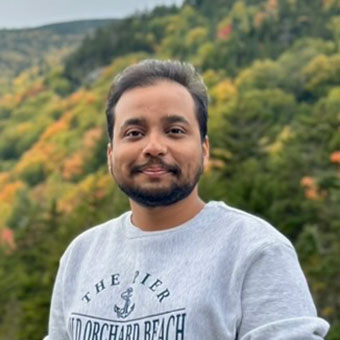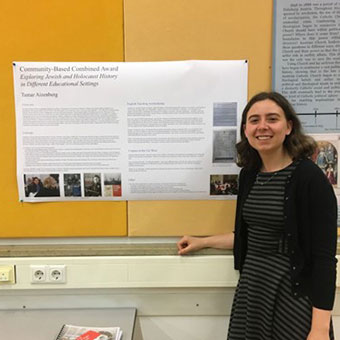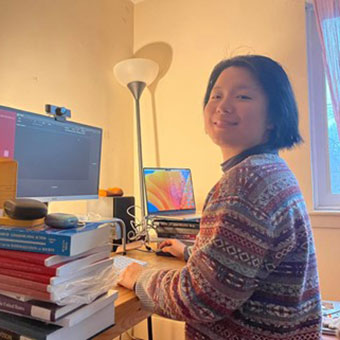Graduate Researcher and Mentor Spotlight

-
PhD student, 3rd year
-
Graduate program: Chemistry
-
Accomplishments: URCC Peer Research Mentor 2023-24

PhD student, 3rd year
Graduate program: Chemistry
Accomplishments: URCC Peer Research Mentor 2023-24
Margaret Lynch, PhD
Director of Undergraduate-Faculty Research Partnerships
margaretlynch@brandeis.edu

